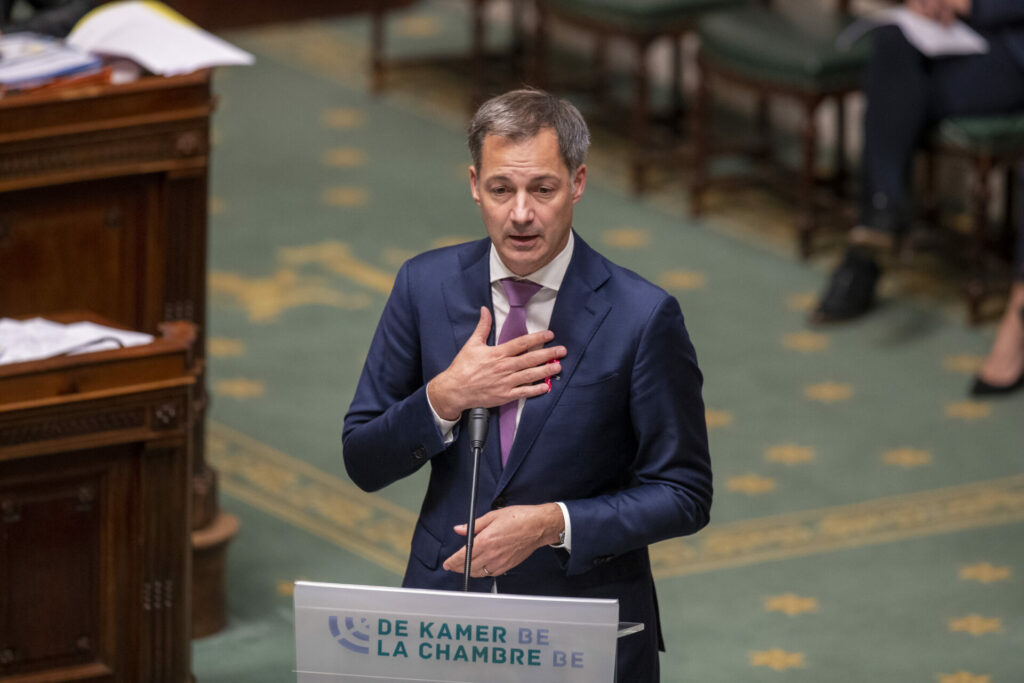The Federal Government on Monday agreed on a wage agreement proposal for negotiations between unions and employees, according to the cabinet of Prime Minister Alexander De Croo. Part of the agreement includes welfare measures to raise the minimum wage.
The minimum wage will be paid in full. Moreover, the lowest unemployment benefits will increase by 1.3%, which is below the maximum of 3.5%. The remaining funds will be used to increase the minimum wage, according to the Prime Minister's office.
"An agreement on the distribution package has been reached," said Federal Minister of Economy and Employment Pierre-Yves Dermagne (PS). "We are particularly satisfied with it. The package will be used to give breathing room to pensioners, to better support those who are in most need, and to allow job seekers not to sink into poverty."
"Maintaining indexation is the most important measure to protect the purchasing power of citizens, as international research shows," he continued. In addition to this, there will be a bonus for workers in companies that perform well despite successive crises. It is important that workers can share in the added value they achieve in their companies.
Wage indexation stays
Automatic wage indexation will stay but the wage margin will be at zero for the next two years, regardless of the index. However, companies that are doing well can add a bonus of up to €500 to their employees if the sector has an agreement in place to allow such bonuses.
The agreement will provide companies, without the financial means, to give bonuses to employees. Companies with high profits will be able to give a bonus of up to €750 to their employees.
In addition to the minimum wage, pensions, as well as social allowances, will increase several times in 2023 and 2024 following the agreement. The minimum pension allowance will increase by 2% on 1 July 2023. The same measures apply for pensions that started in 2018, while those that began before 2008 will increase by 1.2% on the same date.
Related News
- Belgium's budget deficit to be largest in eurozone within 2 years
- EU recession expected to hit Member States, including Belgium
- Will Belgium become uncompetitive? Worker wage increases challenged
There will be a 2% increase in the salary threshold on 1 January 2024, and 3.8% increase in the holiday pay for employees on 1 May 2023. Finally, the integration and guarantees incomes for the elderly will increase by 2% from 1 July 2023.
"The agreement puts an end to the uncertainty and concerns of citizens. We are doing well, as we have always promised, moreover, to increase all pensions and minimum allowances," said Minister for Pensions and Social Integration, Karine Lalieux (PS).
"The agreement will strengthen the purchasing power of pensioners, welfare recipients, people with disabilities and invalidity," she added. "In the absence of an agreement between the social partners, the government has assumed its responsibilities."

